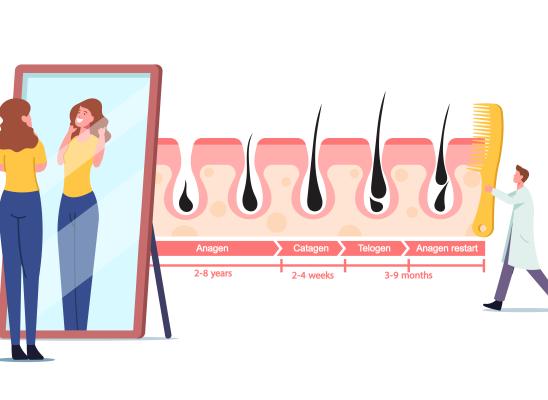Webinar – Mindfulness, Acceptance, and Dialectical Behavior Therapy for BFRBs
Online test
Find out the severity of your symptoms with this free online test
The Trichotillomania Learning Centre (TLC) recently hosted a webinar with Dr. Ali Mattu, Ph.D., a licensed clinical psychologist at the Columbia University Clinic for Anxiety and Related Disorders (CUCARD). Dr. Mattu specializes in the treatment of children, adolescents, and adults with anxiety disorders and body-focused repetitive behaviors such as trichotillomania (hair-pulling disorder) and excoriation (skin-picking disorder). Dr. Mattu is passionate about destigmatizing mental health and translating psychological science into practical applications. His work has appeared in the popular press, he is the founder of an award-winning blog, the producer of YouTube’s The Psych Show.
Boldly Go Into the Next Generation of CBT: Mindfulness, Acceptance, and Dialectical Behavior Therapy for BFRBs
This webinar presents an overview of Cognitive Behavioral Therapy (CBT) in the treatment of body-focussed repetitive behaviors (BFRBs) such as trichotillomania. Dr. Mattu discusses the different methods of CBT application that have shown positive results with various BFRBs.
Habit Reversal Training (HRT)
A crucial aspect of HRT is gaining awareness of the picking or pulling behavior and then change you response to the urge to pick or pull. For many people with BFRbs the behavior is often automatic. In these instances a major aspect of treatment would be to bring the automatic to the fore so that the person becomes aware of the urge to pick or pull before the behavior occurs.
Comprehensive Behavioral Intervention (CoMB)
CoMB is different to HRT in that helps people to become aware but also to understand why they are picking or pulling. The strategy is divided in to 4 stages
- Understand and monitor the behavior
- Identify targets
- Implement strategies and skills
- Evaluate and modify
The reasons people engage in skin picking or hair pulling are understood and categorised into five categories known by the acronym – SCAMP: sensory, cognitive, affective, motor, place.
These indicate triggers for the unwanted behavior. For example some people may find that they engage in hair pulling when they are tired or bored as this provides sensory input that they find calming or stimulating. In this case the reason for pulling is because they are seeking sensory regulation.
Values-based therapy
Values-based therapy encourages the individual to assess their personal values and set goals based on these values. They are then guided in analysing how hair pulling or skin picking is in direct contrast or interferes with these values and look at alternative solutions that are more in line with their beliefs. This is always used in conjunction with one or more of the other techniques used in CBT.

Defining life values
Mindfulness
Mindfulness is about developing complete awareness about the present inside and out and noticing judgements as they occur, but being more descriptive rather than judgemental. It is about a willingness to experience the good as well as the bad. The goal is not to feel good but rather to fully experience your thoughts, experiences and emotions. Therefore ithelps with becoming more aware and so it an effective strategy used in conjunction with HRT.
Acceptance and Commitment Based therapy (ACT)
The basic principle of AcT is that a thought is only a thought unless you act it and that resisting thoughts can end up only making them stronger much like quick sand…the more you struggle, the more you sink. AcT therefore encourages the individual to embrace negative thoughts, feelings and urges and accept that they exist, but then choosing not to act on them.

Elements of Acceptance and Commitment Therapy
Dialectical Behavior Therapy (DBT)
DBT is about acceptance AND finding a way to change. You will look at practical strategies to respond to distressing thoughts and emotions. This also requires a level of awareness and acceptance of these thought processes so it often is used in conjunction with mindfulness training and AcT.
Online test
Find out the severity of your symptoms with this free online test





